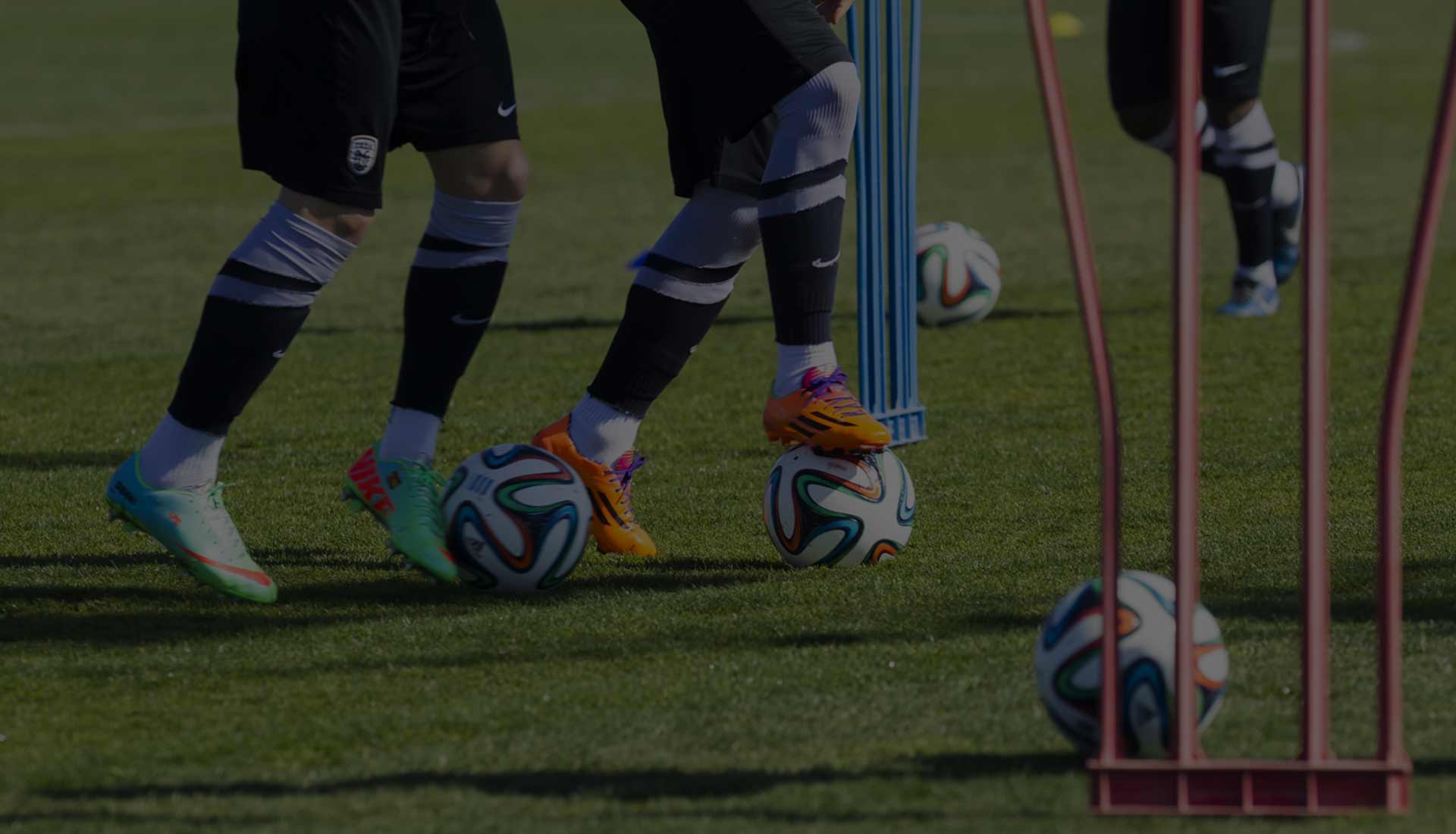Game days are an important component of player development however if not managed in the correct way it can be a counterproductive experience for the young player. X-Roads fosters an environment for our players that is safe from physical and verbal abuse and encourages our player to experiment and create on the field. We wish to celebrate their successes and manage their failures as through their failures they learn and develop. Below is the XFC Academies expectations of the players, coaches and parents on game days.
Join The Club
Receive the latest news







